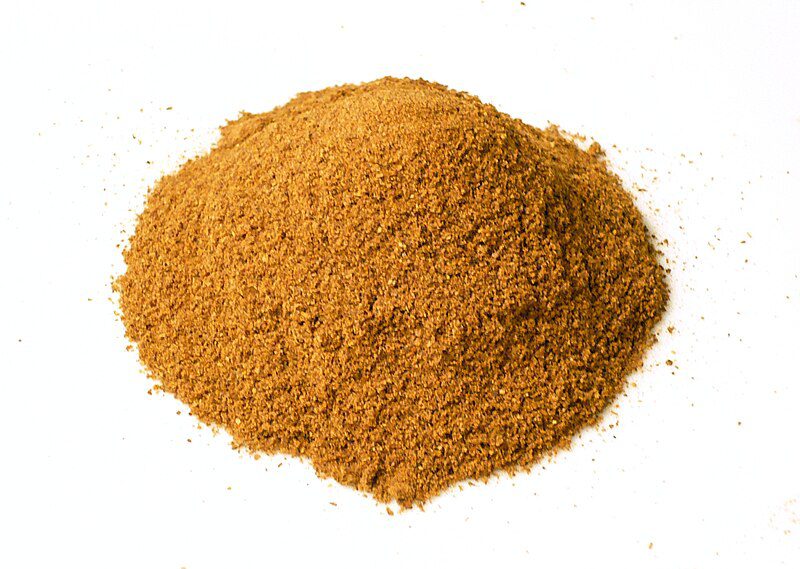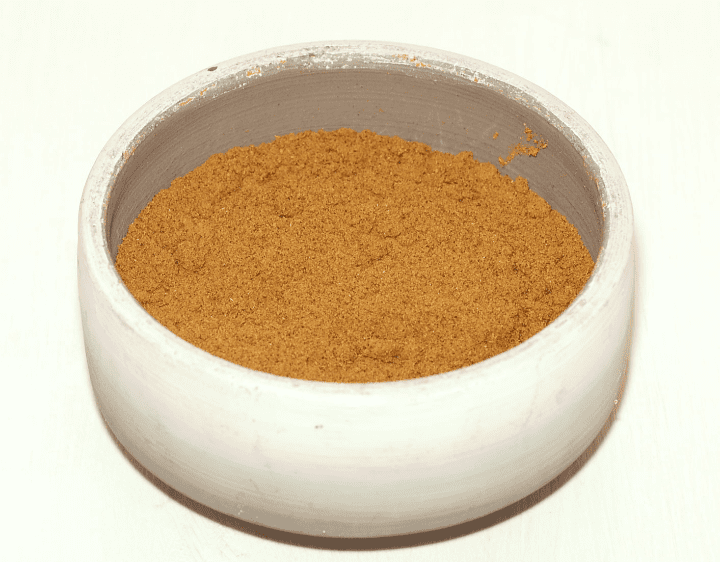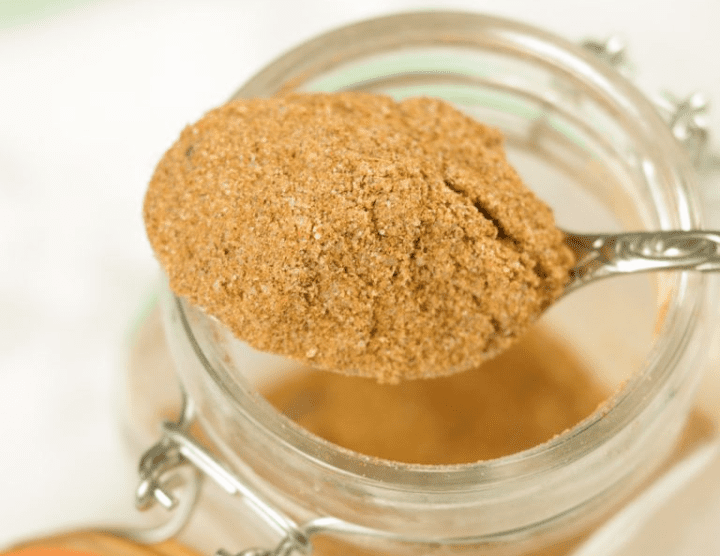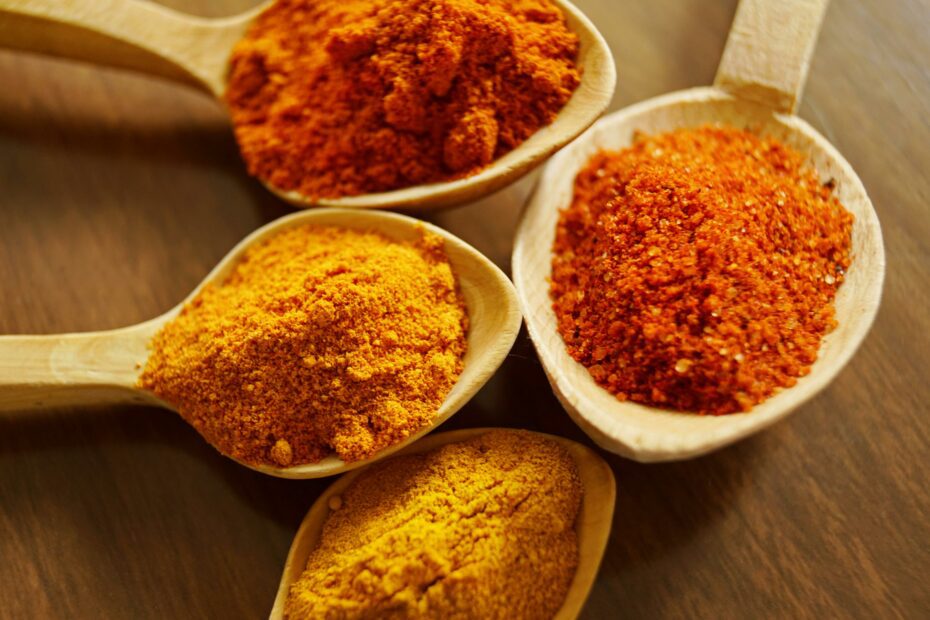African cuisine is a tapestry of flavors, and at the heart of its vibrant and diverse dishes are the spices and seasonings that elevate each bite into a sensory masterpiece. The art of African spices and seasonings is a fascinating journey through a world of colors, aromas, and tastes that have been cultivated and perfected over centuries.
Diverse Geographies, Diverse Flavors
One of the most remarkable aspects of African spices is the vast array of ingredients available, owing to the continent’s incredible geographical diversity. From the fiery berbere of Ethiopia to the aromatic ras el hanout of North Africa and the piri piri of Mozambique, the continent’s spices are as varied as its landscapes.
Each region has its own unique blend of flavors, shaped by both its native produce and the cultural influences that have shaped its cuisine.
Read also: 7 Kenyan cuisines to savour while exploring the country
Berbere: The Heat of Ethiopia
In Ethiopia, berbere is a spice blend that forms the foundation of many dishes. It mixes chili peppers, garlic, ginger, basil, and various other spices to create a rich, complex flavor profile. Berbere doesn’t just boast its fiery kick but also offers earthy and slightly sweet undertones, rendering it a key part of dishes like Doro Wat, a traditional Ethiopian chicken stew.

Ras el Hanout: The Moroccan Magic
Travel to the northern tip of Africa, and you’ll find ras el hanout, a Moroccan spice blend that’s nothing short of delightful. This fragrant mixture can contain over 30 spices, including cinnamon, cardamom, and cloves. People use its intricate combination of sweet and savory flavors to season tagines, couscous, and grilled meats, crafting a flavorful journey that captures the essence of North African cuisine.

Piri Piri: The Spicy Secret of Mozambique
In the southern reaches of the continent, piri piri takes the focus. This fiery chili sauce is a staple in Mozambican cuisine. It drizzles over grilled chicken, seafood, and vegetables. The secret to its spicy allure resides in the African bird’s eye chili peppers, giving a punch of heat that balances with hints of citrus and garlic.

The Role of African Spices in Culinary Traditions
African spices and seasonings are deeply intertwined with the continent’s culinary traditions. They serve not only to flavor dishes but also to tell stories and create connections between generations. In many African cultures, the knowledge of spice blends and their preparation is passed down through oral tradition, protecting the preservation of authentic flavors.
Health Benefits and Medicinal Uses
African spices have garnered recognition not only for their culinary excellence but also for their potential health benefits and medicinal applications. Spices such as turmeric, ginger, and garlic, celebrated for their antioxidant and anti-inflammatory properties. They positively influence overall health, thus ingraining themselves as essential components within the culinary tapestry of African societies.
The Global Influence of African Spices
The allure of African spices has transcended borders and now plays a significant role in global cuisine. With the increasing popularity of African restaurants and the growth of the African diaspora, African spice blends are finding their way into kitchens around the world. The complex and captivating flavors of berbere, ras el hanout, and piri piri have gained recognition not just for their deliciousness but also for their ability to bring an exotic twist to a variety of dishes.
Read also: Elevate Your Kwanzaa Celebration with Authentic African Cuisine
Exploring African Spices in Your Kitchen
For those eager to embark on a culinary adventure, incorporating African spices and seasonings into your kitchen is a delightful endeavor. Whether you’re cooking traditional African recipes or experimenting with fusion cuisine, these spices can transport your taste buds to new and exciting places. Start with small amounts and slowly adjust to your level of spiciness, sweetness, or heat.
In conclusion, African spices and seasonings are a testament to the rich and diverse culinary heritage of the continent. Whether you’re a seasoned chef or an amateur, the world of African spices will add excitement to your culinary journey.



